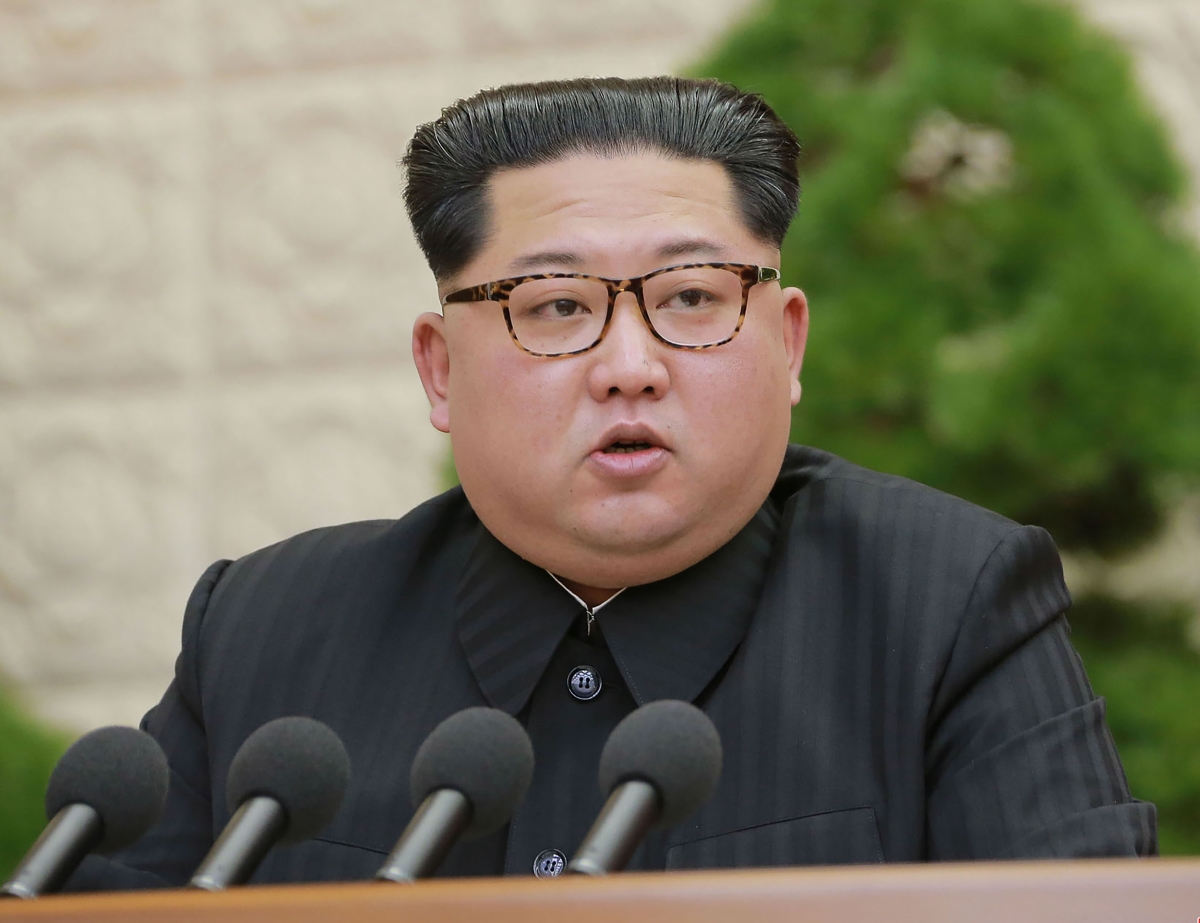The controversial leader of much maligned North Korea, Kim Jong-un has declared that Pyongyang will discontinue ballistic missile tests and will shut down its nuclear test site. This proves to be a significant gesture, ushering a new dawn of diplomacy that has never been seen before.
“From April 21, North Korea will stop nuclear tests and launches of intercontinental ballistic missiles,” the Korean Central News Agency (KCNA) pointed out.
The announcement has been long sought by the US, signifying an extension of the olive branch from the regime. This comes less than a week before Kim Jong-un is scheduled to meet South Korean leader, Moon Jae-in for a summit, and ahead of a much anticipated encounter with US President, Donald Trump. The inter-Korean summit will be the first such meeting since 2007 and only the third since the 1950-1953 Korean War.
“As the weaponisation of nuclear weapons has been verified, it is not necessary for us to conduct any more nuclear tests or test launches of mid and long-range missiles or ICBMs,” Kim said at a gathering of the central committee of the Workers’ Party.
South Korea’s presidential office welcomed its neighbours’ announcement as a ‘meaningful process’ towards the denuclearisation of the region. Presidential official, Yoon Young-chan mentioned that the decision made by North Korea brightens the prospects for amicable and successful engagement between Seoul, Pyongyang, and Washington.
For North Korea, the focus now is on economic growth and to open up the country in normalising relations with other nations. It will shift its attention from the military sector so as to gradually build its economic might in not only Asia, but beyond.
For years, Pyongyang has pursued a ‘byungjin’ policy of developing both the military and the economy, but Kim said that as it was now a state with substantial power, ‘the whole party and the whole nation should now focus on the development of the socialist economy.”
Some would argue that this decision is a victory for Trump due to the fact that he had called for sanctions on several North Korean shipping and trading companies and vessels, among others. Such a move was carried out in retaliation to North Korea's nuclear programme. The sanctions were also imposed by the UN Security Council, the European Union, South Korea, and other global entities.
In an interesting shift, a KCNA statement has brought to the fore the point that North Korea has pledged to join international efforts in halting all nuclear tests. Pyongyang has vowed to not use nuclear weapons because there are no threats from external forces that has to be dealt with.
